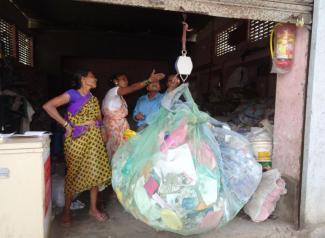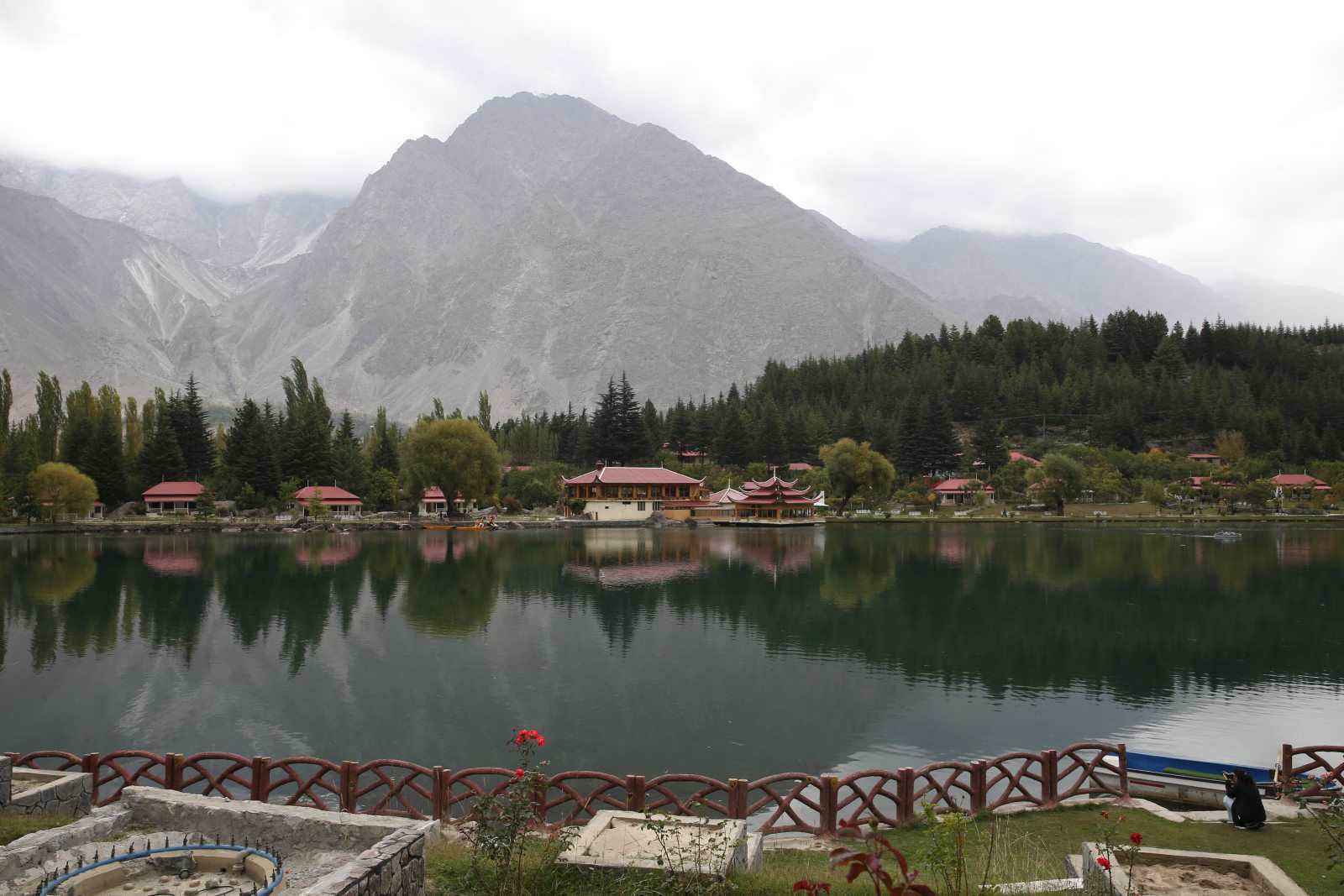Editorial
Consumerism’s side-effect

Waste is a by-product of urbanisation. It is noteworthy, though, that the amount of municipal solid waste is growing faster than the urbanisation rate.
Plastic is now found in the remotest corners of the world, making life more comfortable and daily chores like fetching water easier. Unlike formerly used natural materials such as weeds or wood, however, plastic doesn’t rot – as is evident in huge garbage patches floating in our oceans. Plastic debris is often laced with chemicals. It harms humans and animals alike. When it is burned, unhealthy smoke is a result. Generally speaking, plastic needs to be made much longer and better use of. So far, it is hardly being recycled properly either.
Coping with rubbish is a huge challenge. Informal dumps are a big nuisance in developing countries. Rubbish causes flooding, air pollution and many other public health problems.
Formal waste management is needed. Typically, this is one of the most important municipal services, with great impacts on the functionality and sustainability of urban life. In low-income countries it is usually a city’s largest budget item. Many workers are involved, but all too often, they lack formal employment and any kind of social security. Labour standards and occupational safety matter in this sector as in every other one. At the same time, many small-scale initiatives that deal with the collection, separation and recycling of waste provide income to poor people in developing countries.
Reducing waste is important, and so is reusing waste. Recycling is the third best option. For organic waste, composting is the way forward. Sound waste management provides win-win solutions, generating employment, recovering valuable resources and reducing the space needed for landfills. Only what cannot be used at all anymore should be disposed of in landfills.
Industrial waste is more problematic than residential waste since it often contains hazardous substances. Unless there is proper treatment, toxic waste pollutes the environment, contaminates water and harms human and livestock health. Unfortunately, some of those responsible prefer informal ways to get rid of it, and corruption plays a role too.
Development assistance can contribute to improving waste management in developing countries and emerging markets. The solutions to standard problems are well understood. However, it needs to be stressed that rich nations produce the bulk of waste – and they don’t always deal with it in an exemplary way themselves. Yes, poisonous plastic residues haunt the OECD’s food chains. Too often, moreover, digital devices that contain rare earths and precious metals are simply dumped, even though they need to be recycled. The imperative is to prevent waste, but the rich agglomerations basically excel at collecting it. They generate more per head than all other human settlements.
Katja Dombrowski is a member of the editorial team of D+C Development and Cooperation / E+Z Entwicklung und Zusammenarbeit.
euz.editor@fs-medien.de














